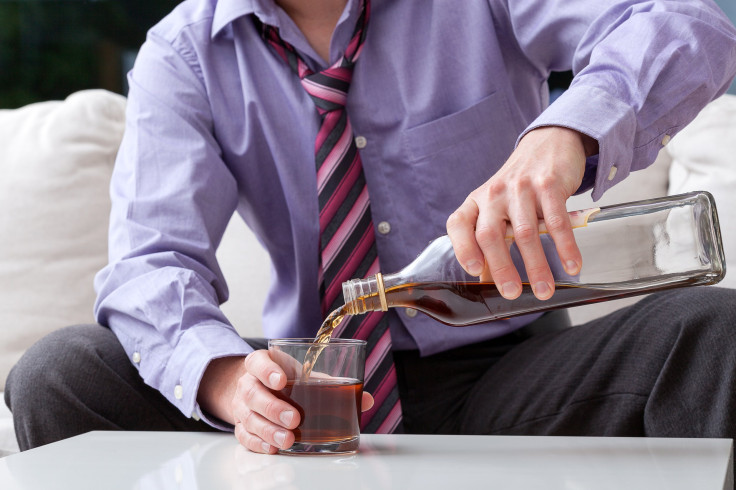Alcohol Addiction Treatment: Ecstasy Shows Promise

This new therapy still under test looks like a classic case of fighting fire with fire, but resorting to the party drug Ecstasy to combat alcoholism?
Ecstasy’s full scientific name is “3,4-Methylenedioxymethamphetamine (MDMA).” It’s popular among teens and young adults because it alters sensations and increases energy, empathy -- and pleasure.
It’s often mixed with other illegal substances such as ephedrine, amphetamine and methamphetamine to deliver a more potent high, which can become lethal in large doses.
Adverse effects from overdosing on Ecstasy include addiction, memory problems, paranoia, difficulty in sleeping, blurred vision, profuse sweating and a rapid heartbeat. Deaths have been reported worldwide.
Clinicians and medical researchers have long known that addiction is often linked to a previous trauma, often from childhood.
As it stands today, Ecstasy remains an illegal drug in the U.S. with no approved medical uses. In 2017 however, it was used to treat severe, treatment-resistant post-traumatic stress disorder (PTSD) in clinical trials condoned by the U.S. Food and Drug Administration (FDA).
Now, there’s a new clinical trial underway to test the potential of MDMA as a treatment for alcoholism or alcohol addiction. The small clinical trail being conducted in the United Kingdom by researchers at the Imperial College London is the first to explore this avenue of use.
Surprisingly, early findings from the clinical trial seem to indicate MDMA might prove better than standard treatments for alcoholism.
In this trial, psychiatrists were testing a program that combined a few doses of MDMA in conjunction with psychotherapy. After nine months follow-up, about half of those in the trial remained "completely dry." Only one suffered a full relapse. Eleven participants have so far completed the safety and tolerability study.
By comparison, eight in 10 of those given a standard treatment to tackle alcohol addiction returned to drinking within three years.
The results also found MDMA is safe to use as part of therapy. There were no physical or psychological problems identified.
“With the very best that medical science can work with, 80 per cent of people are drinking within three years post alcohol detox,” Dr Ben Sessa, an addiction psychiatrist and senior research fellow at Imperial College London, who led the trial, said.
“We’ve got one person who has completely relapsed, back to previous drinking levels, we have five people who are completely dry and we have four or five who have had one or two drinks but wouldn’t reach the diagnosis of alcohol use disorder.”
The study showed MDMA "selectively impairs the fear response.” This allows recall of painful memories without being overwhelmed.
The first stage of the new study was only designed to show the therapy is safe. Further trials will compare results with a randomized control group that will receive a placebo instead of MDMA.



























